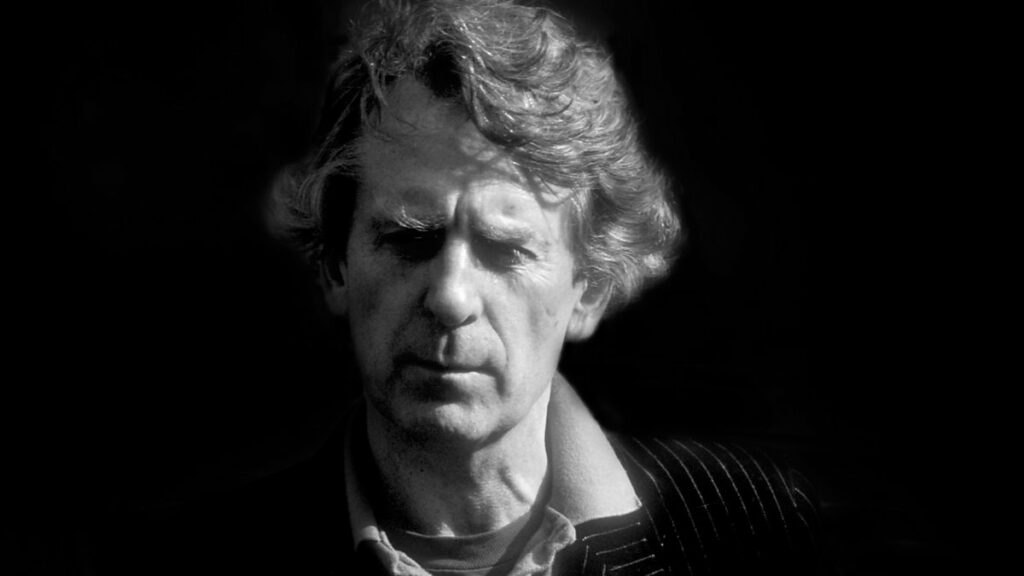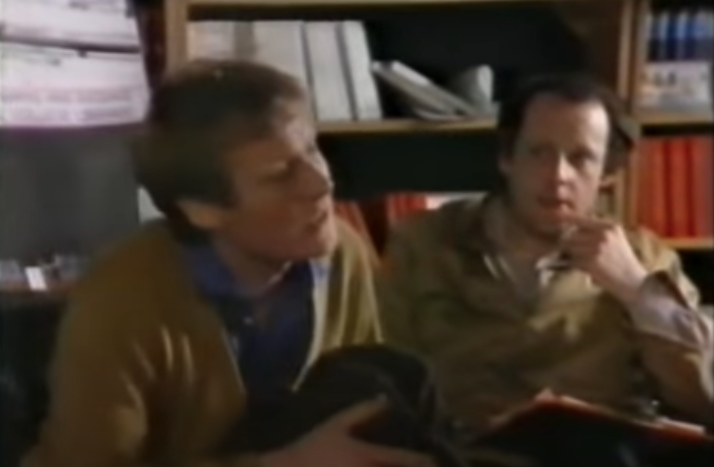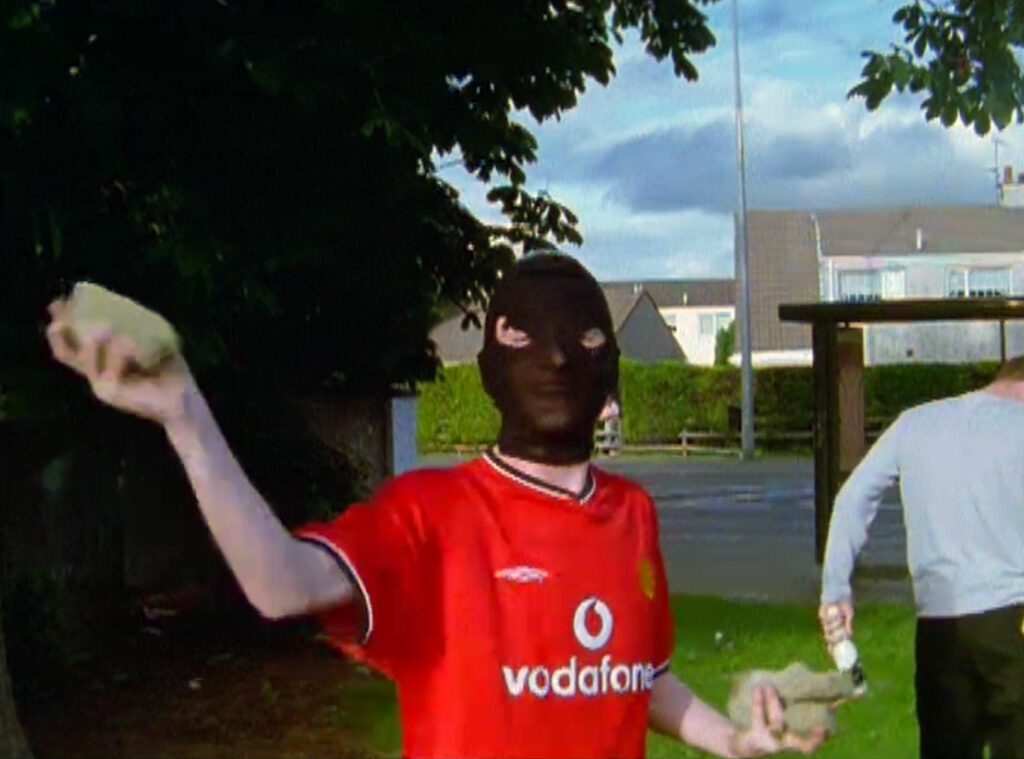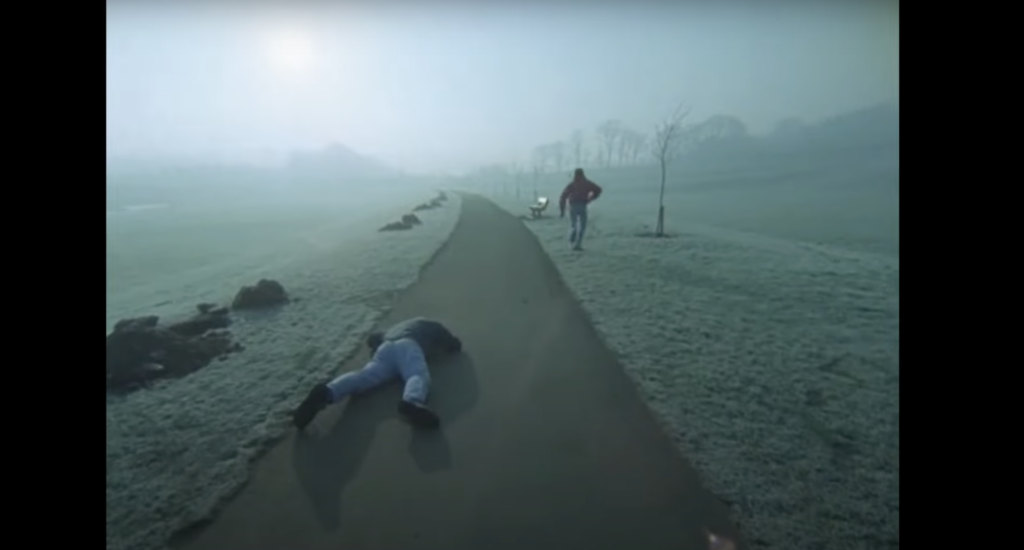Alan Clarke
Alan John Clarke (1935 – 1990) was a prolific English television and film director, producer and writer. Most of Clarke’s creative output was for television, including work for the famous play strands The Wednesday Play and Play for Today. His subject matter tended towards social realism and radical politics, with a particular focus on deprived or oppressed communities and critiques of Thatcherite Britain. He worked in an almost experimental style of minimalism, the legacy of which can be seen in the films of British contemporaries such as Stephen Frears, Danny Boyle and Paul Greengrass as well as international filmmakers Harmony Korine and Gus Van Sant.
Filmography
Christine (1987), Road (1987), Rita, Sue and Bob Too! (1987), Contact (1987), Stars of the Roller State Disco (1984), Baal (1982), Made in Britain (1982), Beloved Enemy (1981), Psy-Warriors (1981), Scum (1979), Danton’s Death (1978), Nina (1978), Bukovsky (1977), Scum (1977), Fast Hands (1976), Funny Farm (1975), Diane (1975), Penda’s Fen (1974), Achilles Heel (1973), Man Above Men (1973), The Love Girl and the Innocent (1973), The Edwardians (1972), A Life is For Ever (1972), Horace (1972), To Encourage the Others (1972), Under the Age (1972), A Follower for Emily (1972), Everybody Say Cheese (1971), I Can’t See My Little Willie (1970), The Hallelujah Handshake (1970), Sovereign’s Company (1970), The Gold Robbers (1969), The Last Train through Harecastle Tunnel (1969), Stella (1968), The Fifty Seventh Saturday (1968), Thief (1968), George’s Room (1967), Shelter (1967), The Gentleman Caller (1967), Goodnight Albert (1967), The Informer (1966), The Wednesday Play (1964)





